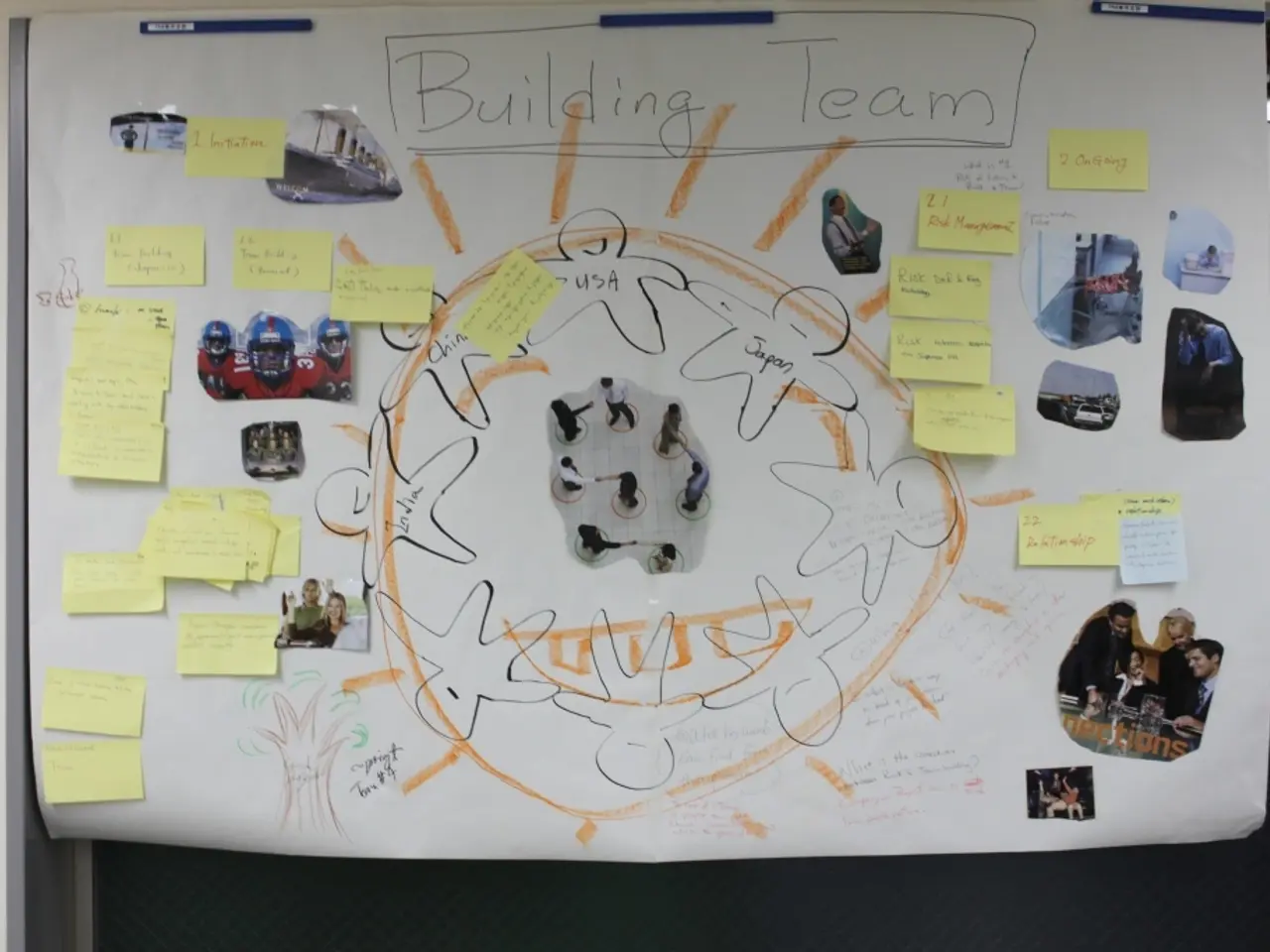Mental Aging Rate of Intelligent Individuals Increased?
In the pursuit of cognitive vitality, intelligence offers some resilience against cognitive decline. However, it is essential to remember that biological aging and early-life experiences significantly influence this process.
High achievers, blessed with intelligence, often find themselves at risk of burnout due to chronic overwork without adequate recovery. This can lead to a reduction in attention span, increased irritability, and a shrinkage of the energy available for complex thinking. Emotional regulation, such as managing stress, setting boundaries, and cultivating self-awareness, may be one of the strongest defenses against rapid mental aging.
Lifestyle factors play a crucial role in maintaining mental sharpness, especially in aging individuals. Regular physical exercise, mentally challenging activities, and a balanced diet rich in brain-healthy fats and antioxidants are key components of this approach. A recent twin study found that individuals with faster epigenetic (biological) aging showed larger IQ declines, independent of genetics, with the effect more pronounced among those from disadvantaged childhood environments.
Engaging in physical activity not only improves brain health but also offers benefits to those with mild cognitive impairment. Open-skilled exercises, such as team sports, may provide additional advantages. Reducing refined carbohydrate intake and ensuring adequate vitamin D also contribute to better cognitive outcomes.
Social interaction, consistent sleep, and lifelong learning are other essential elements in this holistic approach. Social interaction keeps the mind sharp and emotionally agile, while consistent sleep (7-9 hours) enhances memory and mood. Lifelong learning, whether through hobbies, reading, or new skills, nurtures cognitive flexibility.
Genetics, lifestyle diseases (like diabetes or hypertension), chronic stress, and even untreated depression all play roles in cognitive decline. Researchers are currently studying brain training, non-invasive stimulation, neuroprotective nutrients, and mindfulness-based practices to improve mental acuity and sustain cognitive vitality.
In conclusion, while higher intelligence provides some resilience to cognitive decline, it is not a shield against it entirely. Adopting an active, mentally stimulating lifestyle with healthy habits can help intelligent individuals maintain mental sharpness longer into old age. Embracing this holistic approach can lead to a more enriching and cognitively vibrant life.
[1] Source for twin study [2] Source for exercise benefits in mild cognitive impairment [4] Source for benefits of reducing refined carbohydrates and adequate vitamin D intake
- To counteract cognitive decline, it's crucial to incorporate good habits into our lifestyle, as intelligence offers only limited resilience against the process.
- Biological aging and early-life experiences significantly influence cognitive vitality, making it essential to prioritize brain health.
- High achievers should be aware of the risks of chronic overwork, as it may lead to a reduction in attention span, increased irritability, and decreased energy for complex thinking.
- Emotional regulation, such as managing stress, setting boundaries, and cultivating self-awareness, can help mitigate rapid mental aging.
- Lifestyle factors, including regular exercise, mentally challenging activities, and a balanced diet rich in brain-healthy fats and antioxidants, arekey components of maintaining mental sharpness, especially in aging individuals.
- A recent twin study found that individuals with faster epigenetic aging showed larger IQ declines, independent of genetics, with the effect more pronounced among those from disadvantaged childhood environments.
- Engaging in physical activity not only improves brain health but also offers benefits to those with mild cognitive impairment, as shown in some studies.
- Open-skilled exercises, such as team sports, may provide additional advantages for cognitive health.
- Reducing refined carbohydrate intake and ensuring adequate vitamin D also contribute to better cognitive outcomes, as supported by some research.
- Social interaction keeps the mind sharp and emotionally agile, while consistent sleep (7-9 hours) enhances memory and mood.
- Lifelong learning, whether through hobbies, reading, or new skills, nurtures cognitive flexibility and supports overall mental acuity.
- Genetics, lifestyle diseases (like diabetes or hypertension), chronic stress, and even untreated depression all play roles in cognitive decline, making them areas of focus for researchers seeking to improve mental health and cognitive vitality.
- In the quest for cognitive vitality, researchers are currently studying brain training, non-invasive stimulation, neuroprotective nutrients, and mindfulness-based practices to sustain cognitive vitality in intelligent individuals. Embracing this holistic approach can lead to a more enriching and cognitively vibrant life.




